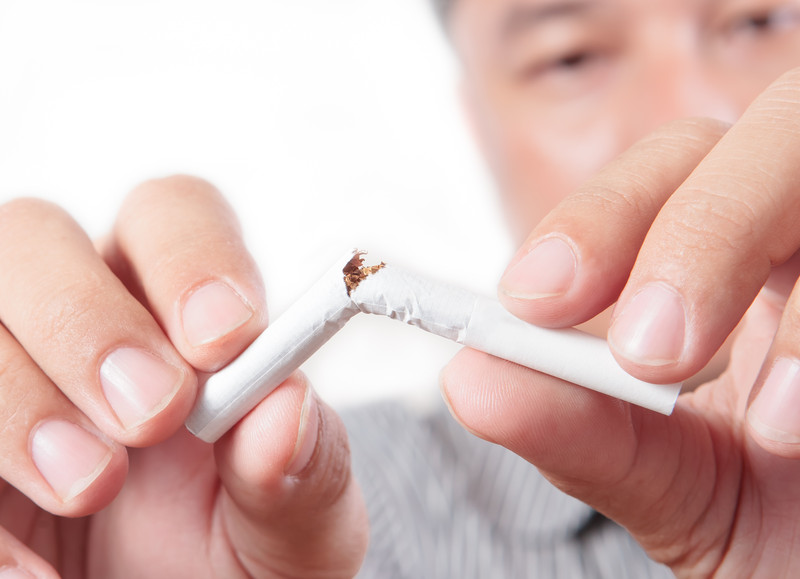
According to the Centers for Disease Control and Prevention, smoking is leading cause of preventable death, killing nearly half a million people in the country each year. They also report that it causes immediate damage to your body (1), but what most people are not aware of is that it may also play a role in helping to make chronic pain more intense.
New research in the March 2016 issue of Psychiatry Research examined the evidence supporting the connection between pain intensity in chronic pain and smoking. They conducted a study with smokers, evaluating the reports that participants turned in regarding their pain intensity. What they found is that more intense pain is associated with more severe smoking behavior and nicotine dependence. Such factors that come into play include the number of years the person has smoked, how much they smoke per day, and their level of nicotine dependence (2).
This supports numerous prior research studies that have been conducted on the issue, including a 2010 study in the journal Anesthesiology. In that study, researchers reported that smoking produces profound changes in physiology, and that it is also a risk factor for chronic pain (3).
Although the scientific community may point to the fact that smoking makes chronic pain worse or more intense, some smokers may argue that they feel some relief after they light up. When someone smokes they get a brief “happy” feeling from the dopamine that is released in their brain. While it may seem like it’s providing relief, it’s actually only short-lived. In the long run, it intensifies pain because it impairs the delivery of much-needed oxygen-rich blood to the person’s bones and tissues.
Smokers who suffer from chronic pain may want to consider entering into a smoking cessation program. The programs can typically be found offered by health centers around the nation and are designed to help break the dependency. Kicking the smoking habit may prove to be one of the most effective ways to get some chronic pain relief.
Sources:
- Centers for Disease Control and Prevention. Smoking & Tobacco Use. http://www.cdc.gov/tobacco/quit_smoking/how_to_quit/
- Psychiatry Research. 2016 Mar 30;237:67-71
http://www.ncbi.nlm.nih.gov/pubmed/26921054
- 2010 Oct;113(4):977-92.
http://www.ncbi.nlm.nih.gov/pubmed/20864835







